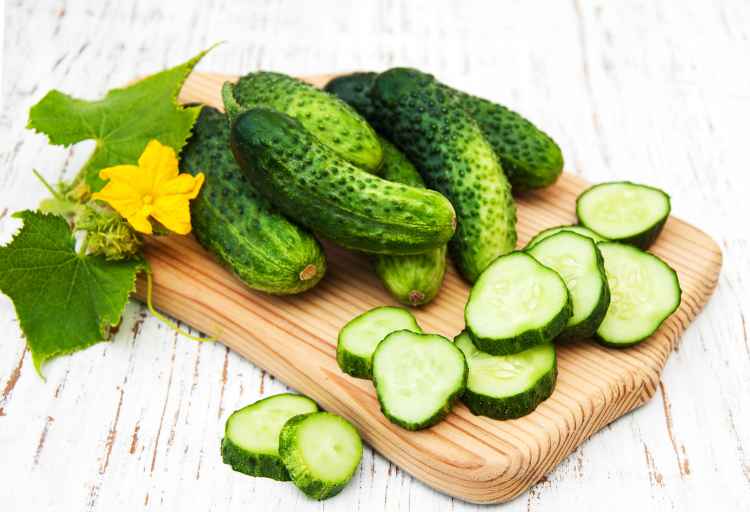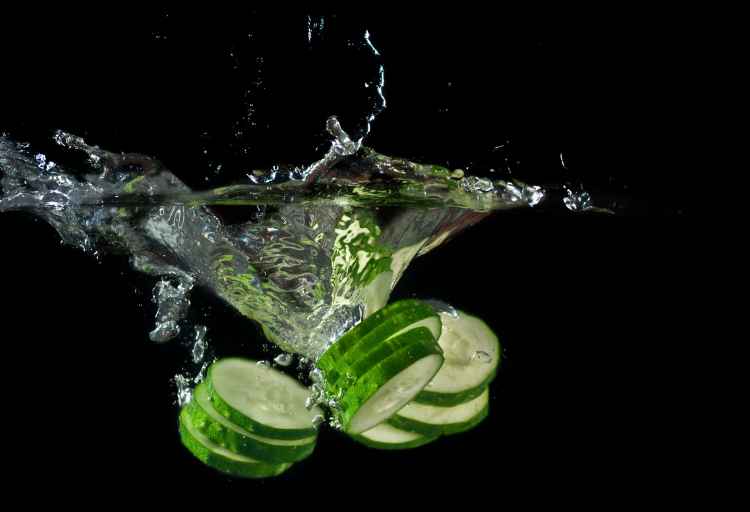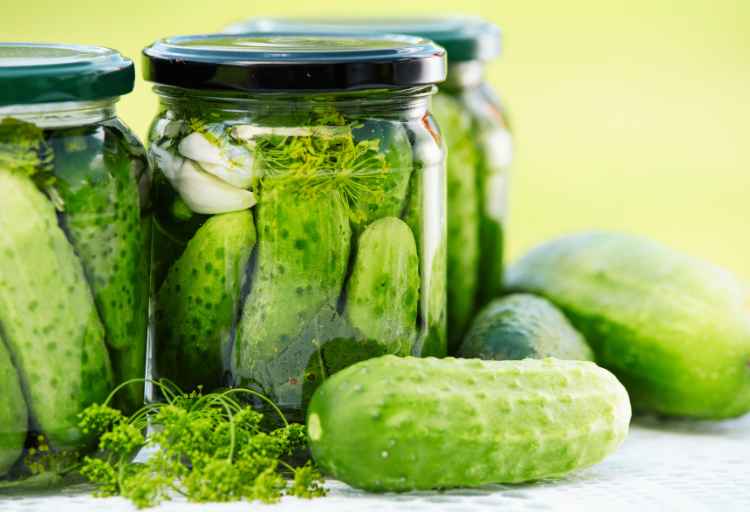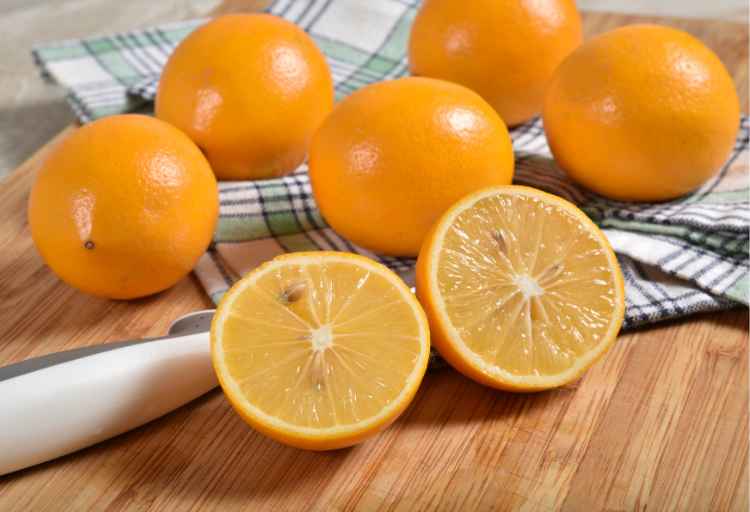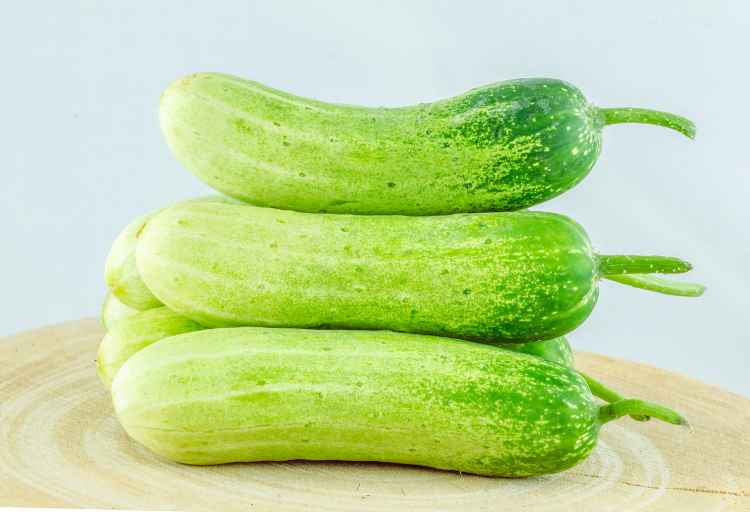What Happens When You Swallow a Lemon Seed: Facts and Myths
Swallowing lemon seeds might not be a common occurrence, but many of us have wondered about the potential consequences. Are these tiny seeds harmful, or can our bodies easily handle them?
What happens when you swallow a lemon seed? When a lemon seed is swallowed, it usually passes through the digestive system intact. The body’s acids and enzymes break down the seed’s outer layer, but it does not germinate. Choking is a concern, especially for children or those with swallowing difficulties.
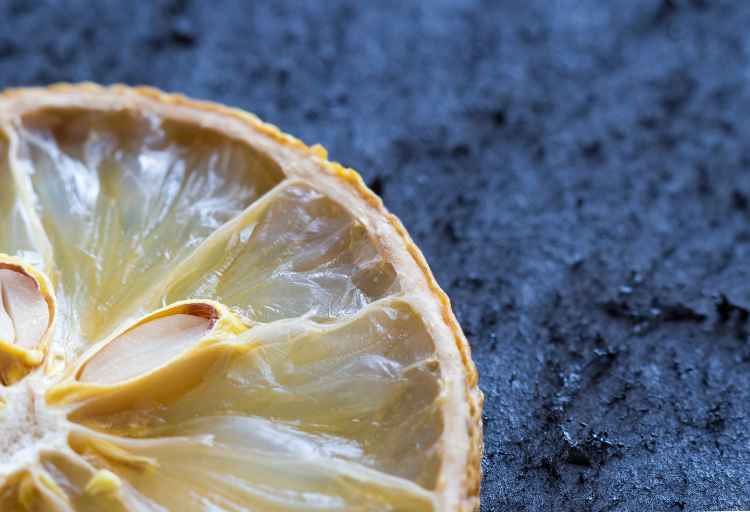
What happens when you swallow a lemon seed?
Lemon Seeds
Composition and Properties
Understanding the composition of lemon seeds is essential to comprehend how our bodies react when they are swallowed. Lemon seeds are small, oval-shaped, and typically range in color from pale beige to dark brown.
They are rich in dietary fiber, healthy fats, and various phytonutrients, making them a potential source of nutritional benefits.
The Journey Through the Digestive System
Digestive Enzymes and Lemon Seed Breakdown
Once swallowed, lemon seeds go on a journey through the digestive system. The process begins in the mouth, where chewing initiates the breakdown of food.
However, lemon seeds’ hard outer shell may be resistant to initial mastication.
As the food travels to the stomach, gastric juices and enzymes play a crucial role in breaking down the seed’s tough outer layer.
Passage Through the Intestines
After the stomach, the partially digested food, including lemon seeds, enters the small intestine. Here, the pancreas secretes additional enzymes that aid in further digestion.
The fiber content of the seeds can contribute to bowel regularity and promote a healthy gut environment.
Can Lemon Seeds Germinate Inside You?
Myth Debunked
Lemon Trees in Your Stomach A common myth suggests that swallowing lemon seeds can lead to the growth of a lemon tree inside your stomach. However, this idea is far from reality.
The human digestive system is not suitable for germinating seeds due to factors such as acidity, lack of proper soil, and unsuitable conditions for growth.
Seed Disposal by the Body
Lemon seeds, like many other undigestible materials, pass through the digestive system and are eventually eliminated.
The body’s natural waste disposal system, which includes the large intestine and rectum, expels the seeds along with other waste products.
Potential Health Benefits and Risks
Nutritional Value of Lemon Seeds While lemon seeds are not typically consumed intentionally, they do contain nutrients that can be beneficial.
They are a source of dietary fiber, which supports digestion and can help manage cholesterol levels.
Additionally, lemon seeds contain healthy fats that may contribute to overall cardiovascular health.
Risk of Choking
One potential risk associated with swallowing lemon seeds is choking. Lemon seeds, like any small, hard object, can pose a choking hazard, especially in young children or individuals with swallowing difficulties.
To mitigate this risk, it’s advisable to avoid swallowing whole seeds and to ensure proper chewing.
What to Do If You Swallow a Lemon Seed
No Immediate Cause for Concern In most cases, swallowing a lemon seed is not a cause for immediate concern. The digestive system is equipped to handle small, indigestible objects like seeds.
However, if you experience persistent discomfort, pain, or other unusual symptoms, it’s advisable to seek medical attention.
Monitoring and Self-Care
If you’ve accidentally swallowed a lemon seed and are worried, it’s a good idea to monitor your symptoms. Drinking plenty of water can help facilitate the movement of the seed through the digestive tract.
If you experience any signs of distress, such as severe pain, vomiting, or difficulty breathing, seek medical help promptly.
Conclusion
Separating Fact from Fiction Swallowing a lemon seed is unlikely to lead to any significant health issues. The human body’s digestive system is well-equipped to handle such situations.
Debunking myths about the growth of lemon trees inside the stomach and understanding the digestive process helps us appreciate the body’s resilience.
While accidental consumption of lemon seeds is not a cause for immediate worry, it’s essential to exercise caution, especially in situations involving children or individuals with pre-existing medical conditions.
As with any health concern, if you’re unsure or experiencing discomfort, consulting a medical professional is always the best course of action.
FAQs
Can swallowing lemon seeds lead to a lemon tree growing in your stomach?
No, this is a myth. The human digestive system is not conducive to seed germination. Lemon seeds pass through the system and are eliminated without sprouting.
Are there any health benefits to swallowing lemon seeds?
Lemon seeds contain dietary fiber and healthy fats, offering potential benefits for digestion and cardiovascular health. However, intentional consumption is not common due to their hard texture.
What should I do if I accidentally swallow a lemon seed?
Accidental swallowing of a lemon seed is generally not harmful. Monitor for discomfort, and ensure proper chewing to avoid choking. If severe symptoms arise, seek medical attention.
Can lemon seeds cause choking?
Yes, lemon seeds, like other small objects, can pose a choking hazard, especially in children or those with swallowing difficulties. Chewing food thoroughly helps mitigate this risk.
Do lemon seeds have any toxic effects if swallowed?
No, lemon seeds are not toxic. They are typically safe to swallow, but it’s best to avoid swallowing them whole. Digestive processes break down the seeds’ outer layer without causing harm.

